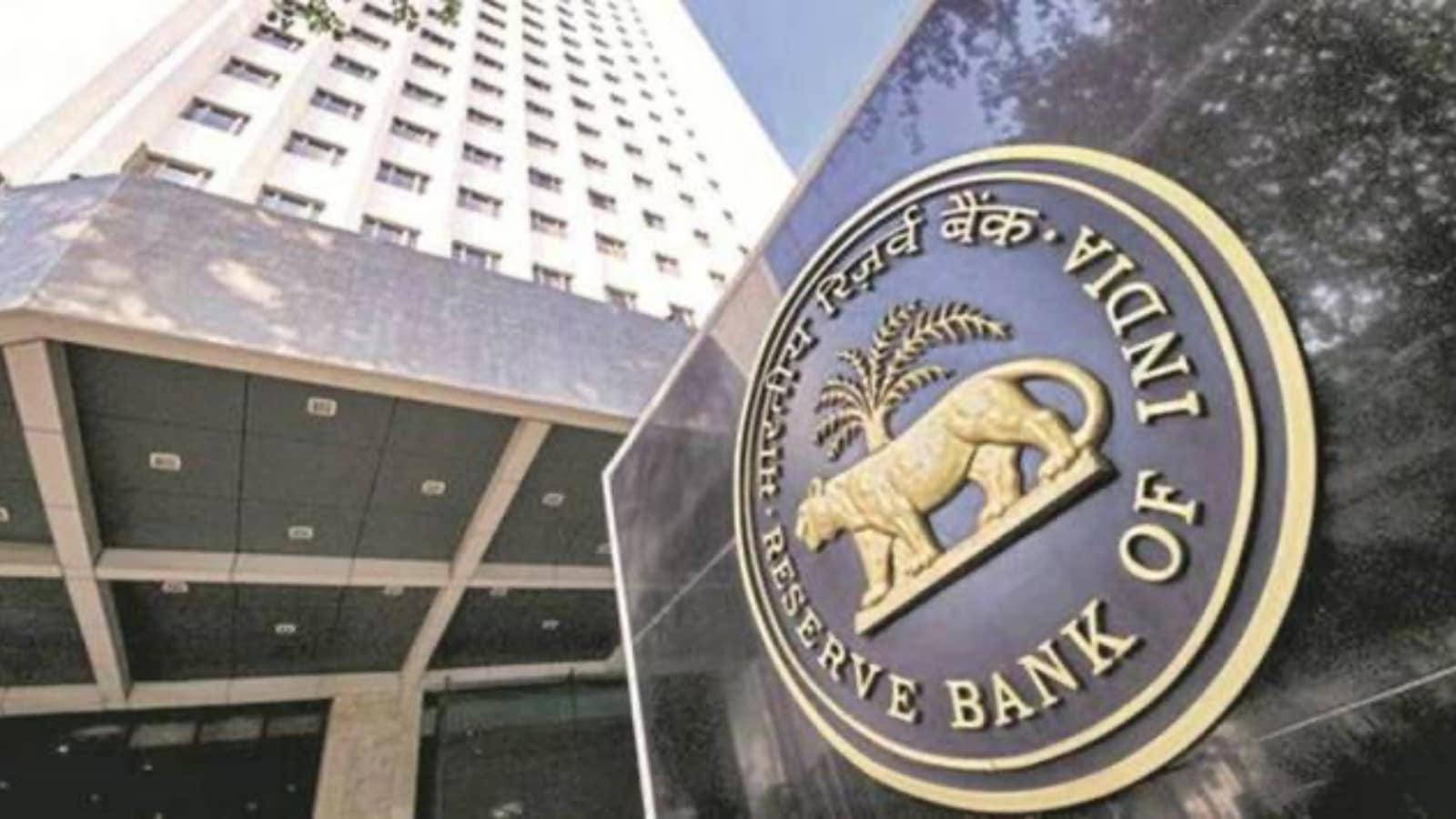ARTICLE AD BOX
Highlighting challenges faced by Micro, Small & Medium Enterprises (MSMEs) in accessing cheaper imported components and raw material, a high-level Government committee has prepared a set of “key recommendations” to ease the stringent quality control framework involved — from toning down the technical assessment to revamping inspections, The Indian Express has learnt.
According to sources, the recommendations were finalised after a meeting on September 6 of the High-level Committee on Non-Financial Regulatory Reforms (HLC-NFRR) headed by NITI Aayog member Rajiv Gauba, which mainly discussed challenges faced by industries and stakeholders in obtaining certifications under Quality Control Orders (QCOs).
QCOs are essentially legal directives issued by various ministries and departments specifying the respective criteria that needs to be fulfilled for domestic and imported products to conform with certain quality standards under the Bureau of Indian Standards (BIS) Act. This, in turn, leads to BIS certification.
According to sources, two important changes proposed by the committee are: bring down the number of the technical conformity assessment schemes formulated by BIS from ten to two and shift the focus of inspections from the factory to the market.
“Based on the discussions, the committee finalised the key recommendations,” said sources. The meeting was attended by officials from Ministry of Micro, Small & Medium Enterprises, NITI Aayog, BIS and representatives from industry bodies including CII and ASSOCHAM.
Referring to the minutes of the meeting, sources said the reduction in technical conformity assessment schemes is based on “availability of imported components and raw materials that can not be produced domestically” to “ensure that they are accessible without imposing excessive standards that could disadvantage MSMEs”.
The committee was of the opinion that BIS has been “effective” in this domain and can “consider consolidating its schemes into two categories: simplified procedures for less risky products and elaborate procedures for higher risk aspects”, the sources said.
Story continues below this ad
The committee recommended that “import challenges posed by QCOs on certain components should be addressed to avoid difficulties and increased costs for importers, particularly MSMEs, focusing on improvement, simplification, and rationalisation of processes”, the sources said.
The other recommendations, according to sources, include:
- Shifting emphasis towards “increased market inspections over factory inspections, alongside efforts to consolidate guidelines and notifications” — although concerns persist over whether focusing solely on the market and avoiding factory checks would weaken efforts to control counterfeit products.
- Extending license duration — or making them indefinite and implementing alternative mechanisms for scrutiny, such as regular inspections to enhance regulatory efficiency.
The BIS has formulated 10 schemes for technical conformity assessment based on “rigour” levels. The maximum products are under the Scheme-I: independent sample, site audit, and proactive market and factory surveillance. “Under the Scheme-I, certification is issued to a manufacturer after verification through a factory visit,” said sources.
Scheme-I is mainly used by products under the Department for Promotion of Industry and Internal Trade (DPIIT), Department of Chemicals and Petrochemicals (DCPC), Ministry of Textiles, Ministry of Steel and the Ministry of Road Transport and Highways.
The Scheme-II is used by the Ministry of Electronics and Information Technology, and Ministry of New and Renewable Energy. Scheme-II includes a desk audit, self-selected sample, 2-5 years validity of certification and market surveillance.
Story continues below this ad
The HLC-NFRR, constituted by the Cabinet Secretariat on August 19, has ten members drawn from the departments concerned and industry chambers, including CII, FICCI, and Assocham. The committee is expected to submit interim reports to the Department of Economic Affairs every month.
According to official data, the BIS has notified 187 QCOs covering 770 products so far, including 84 QCOs covering 343 products issued in the past three years. Four QCOs have been issued in the financial year 2025-26.
The QCOs over the past three years were issued on the recommendations of DPIIT, Department of Chemicals and Petrochemicals, Ministry of Textiles, Ministry of Mines, Ministry of Steel, and Ministry of New and Renewable Energy. They covered products such as jute bags, water bottles, helmets, medical textiles, agro textiles, furniture, gas stoves, ceiling fans, primary lead, solar thermal systems, and stainless steel pipes and tubes.
Earlier this week, the Centre had said that the Department of Consumer Affairs (DoCA) and BIS have increased engagement with MSMEs to address their “concerns” about the implementation of QCOs.



.png)
.png)
.png)

























 English (US) ·
English (US) ·